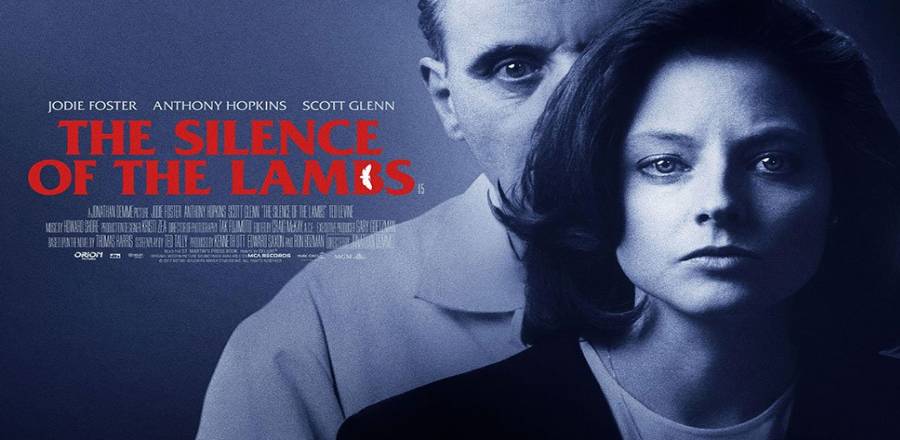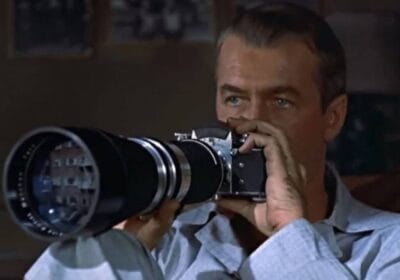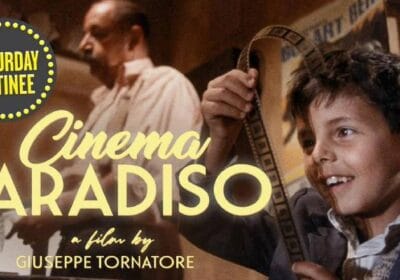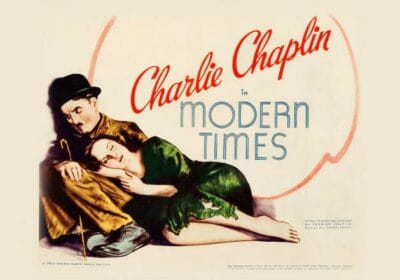The Silence of the Lambs (1991) is a landmark movie in the horror-thriller genre, directed by Jonathan Demme and based on Thomas Harris’s novel of the same name. The movie features Jodie Foster as Clarice Starling, a young FBI trainee, who is tasked with interviewing Dr. Hannibal Lecter, a brilliant psychiatrist and cannibalistic serial killer, played masterfully by Anthony Hopkins. As the story unfolds, Clarice must use her wits and determination to catch another serial killer, Buffalo Bill, who is on the loose.
The movie explores many themes, such as the psychological struggles of the main characters, the use of power, gender identity, and the fascination of the public with serial killers. Moreover, it offers a profound study of human nature and the limits of our morality. The Silence of the Lambs (1991) has earned many awards, including five Oscars, and is considered one of the greatest movies of all time.
Table of Contents
Themes
One of the primary themes of The Silence of the Lambs (1991) is the power dynamic between Clarice Starling and Hannibal Lecter. The two main characters engage in a psychological game of cat-and-mouse, with each trying to gain the upper hand. Lecter uses his knowledge of psychology to manipulate Clarice, while Clarice tries to use her intelligence and empathy to outsmart Lecter. This theme is particularly fascinating because it explores the limits of power and control, and how they can be wielded for both good and evil.
Another central theme in the movie is gender identity. Clarice is the only woman in her FBI training class, and she struggles to prove herself to her male colleagues. Furthermore, Buffalo Bill, the movie’s antagonist, has a deep-seated hatred of women and is motivated by his desire to transform into one. This theme is essential because it highlights the societal pressures that women face and how they can be used to motivate both positive and negative behaviors.
The Silence of the Lambs (1991) also delves into the public’s fascination with serial killers. The character of Hannibal Lecter has become an iconic figure in popular culture, and his portrayal in the movie has contributed to the enduring appeal of the serial killer trope in media. This theme is relevant because it raises ethical questions about the media’s responsibility in glorifying violence and the public’s appetite for it.
Characters
The Silence of the Lambs (1991) features several complex characters, each with their motivations and struggles. Jodie Foster’s portrayal of Clarice Starling is a standout performance, as she balances vulnerability and determination in her pursuit of Buffalo Bill. Anthony Hopkins’s Hannibal Lecter is a captivating character, as he exudes a calm and calculated intelligence, even as he commits unspeakable acts. Ted Levine’s Buffalo Bill is a chilling and terrifying character, whose gender identity struggles add depth and nuance to his motivations.
The supporting cast also provides excellent performances, including Scott Glenn as Jack Crawford, Clarice’s FBI mentor, and Anthony Heald as Dr. Frederick Chilton, the administrator of the mental institution where Lecter is incarcerated. The dynamic between the characters creates tension and suspense, as each one is driven by their unique motivations and desires.
Legacy
The Silence of the Lambs (1991) has had a significant impact on popular culture and the horror-thriller genre. The movie’s success spawned several sequels and adaptations, including the television series Hannibal, which further explored the character of Hannibal Lecter, and the prequel Red Dragon. The movie’s influence can also be seen in other media, such as the television series Criminal Minds, which features a team of FBI profilers who investigate serial killers.
The Silence of the Lambs (1991) has also left a lasting impact on the film industry. It was the first horror movie to win an Academy Award for Best Picture, and it remains one of the few movies in history to win all of the “Big Five” awards, including Best Picture, Best Director, Best Actor, Best Actress, and Best Adapted Screenplay. The movie’s success paved the way for more psychological horror-thrillers, such as Se7en and The Girl with the Dragon Tattoo.
Moreover, The Silence of the Lambs (1991) has become a cultural phenomenon, with references and parodies of the movie appearing in various media. The character of Hannibal Lecter has become an iconic figure in popular culture, with his distinctive mannerisms and catchphrases often imitated and referenced.
Conclusie
In conclusion, The Silence of the Lambs (1991) is a masterpiece of psychological horror that has stood the test of time. The movie’s exploration of power dynamics, gender identity, and the public’s fascination with serial killers continues to be relevant today. The performances of Jodie Foster, Anthony Hopkins, and Ted Levine are exemplary, and the movie’s influence on popular culture and the film industry cannot be overstated.
The Silence of the Lambs (1991) is a must-watch for fans of horror, thriller, and psychological dramas. Its enduring legacy and impact on popular culture make it a movie that will continue to captivate and terrify audiences for generations to come.





